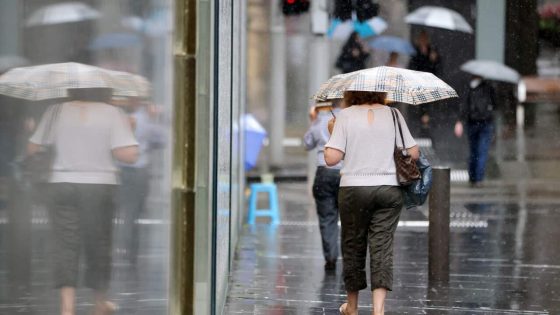Key Points
- A 2023 state of the nation report has found almost one in three Australians are lonely.
- Young people between 18 and 24 reported feeling the most disconnected.
- A new campaign advocates for the “Social60” to be added to people’s daily routines.
An epidemic sweeping Australia is targeting young people, can be as damaging to physical health as smoking 15 cigarettes a day and is increasing the risk of early death.
It’s not a plague or virus but rather loneliness, and experts say it’s being exacerbated by a lack of face-to-face social interaction.
A 2023 state of the nation report has found almost one in three Australians are lonely.
Despite being more technology-literate than other generations, young people between 18 and 24 reported feeling the most disconnected.
Neuroscience expert Dr Fiona Kerr said an assumption that those who were more digitally connected would be less impacted by loneliness was incorrect.
“When you’re physically present with another person, the chemical, brain-to-brain interaction is much more effective and cannot be replicated by technology,” Kerr told AAP.
“We’ve all got this very complex tech in our hands that feels really intimate but is actually derailing us from taking the time to go and talk to someone in person.
“That is having an impact on how lonely we feel.”
Research by community non-profit organisation Wayside Chapel found more than 70 per cent of Australians averaged less than 60 minutes of face-to-face social contact per day.
Nearly 20 per cent of more than 1000 people surveyed nationally said they regularly had no face-to-face interactions.
In response, Wayside Chapel has launched a campaign to encourage people to connect in-person.
Like health guidelines encouraging 10,000 steps and five fruit and vegetable servings a day, the campaign advocates for the “Social60” to be added to people’s routines: 60 minutes of meaningful social interaction each day.
Kerr said the pandemic stopped people interacting with each other and the ripple effects for mental health were significant.
But the biggest challenge allowing loneliness to prevail was social stigma.
“One of the major issues is that people don’t talk about it … 50 per cent of people who feel lonely will actively conceal it,” she said.
“As a society, we’re not very welcoming of being able to discuss feeling lonely and that is also something that needs to change.”
Source Agencies




